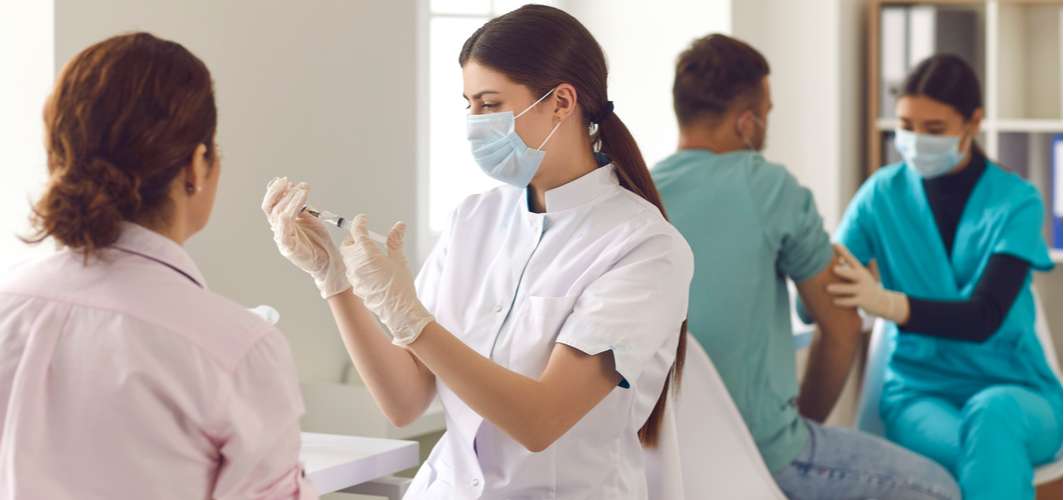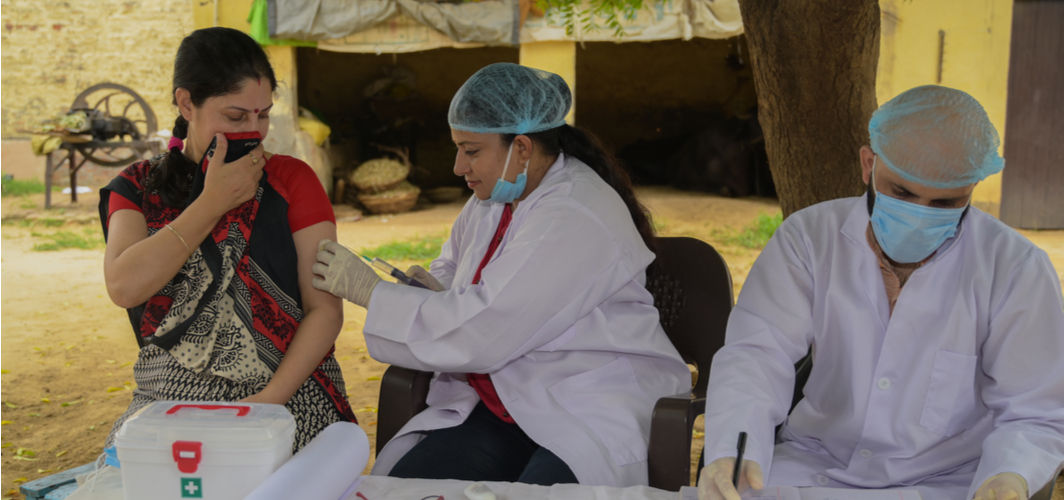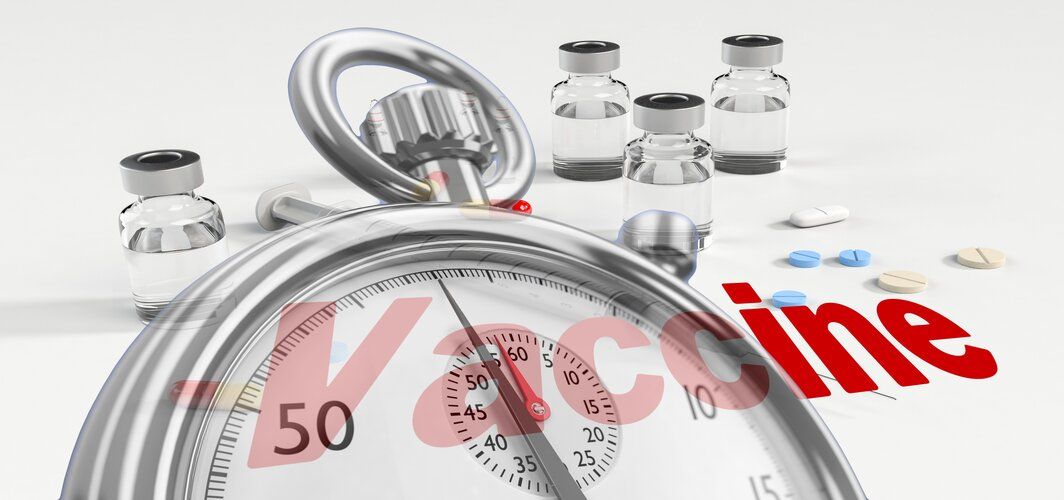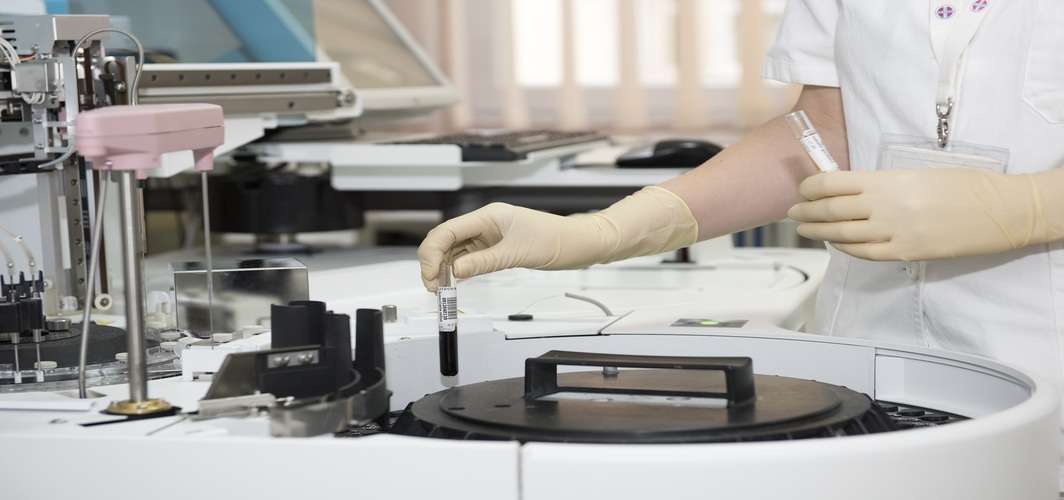COVID-19 Vaccines
Frequently Asked Questions on COVID-19 vaccines
6 min read
By Ministry of Health and Family Welfare - 11 January 2021, Updated on - 18 October 2022
Share this article
2
17 likes

India has recently granted the ‘emergency use authorisation’ to two vaccines to fight the Coronavirus. The first vaccine to be approved is the one developed by the University of Oxford/AstraZeneca and manufactured locally by the Serum Institute of India, known as Covishield. The other one is the indigenously developed vaccine – Covaxin. The vaccines will be distributed under the ‘COVID-19 vaccination drive’ to begin on the 16 January 2021. The drive is being deemed as the world’s largest inoculation programme.
Below we’ve listed some of the ‘Frequently Asked Questions’ released by the Ministry of Health and Family Welfare regarding the vaccination drive.
Q: Is a COVID vaccine scheduled anytime soon?
A: Yes, vaccine trials are under different stages of finalization. Government of India is geared to launch a vaccine for COVID-19 soon.
Q: Will COVID-19 vaccine be given to everyone simultaneously?
A: Based on the potential availability of vaccines, the Government of India has selected the priority groups who will be vaccinated on priority as they are at higher risk. The first group includes healthcare and frontline workers. The second group to receive COVID-19 vaccine will be persons over 50 years of age and persons under 50 years with comorbid conditions.
Q: Is it mandatory to take the vaccine?
A: Vaccination for COVID-19 is voluntary. However, it is advisable to receive the complete schedule of COVID-19 vaccine for protecting oneself against this disease and also to limit the spread of this disease to the close contacts including family members, friends, relatives and co-workers.
Q: Will the vaccine be safe as it is being tested and introduced in a short span of time?
A: Vaccines will be introduced in the country only after the regulatory bodies clear it based on its safety and efficacy.
Q: Can a person presently having COVID-19 (confirmed or suspected) infection be vaccinated?
A: Person with confirmed or suspected COVID-19 infection may increase the risk of spreading the same to others at the vaccination site. For this reason, infected individuals should defer vaccination for 14 days after symptoms resolution.
Q: Is it necessary for a COVID recovered person to take the vaccine?
A: Yes, it is advisable to receive the complete schedule of COVID vaccine irrespective of past history of infection with COVID-19. This will help in developing a strong immune response against the disease.
Q: Out of the multiple vaccines available, how is one or more vaccine chosen for administration?
A: The safety and efficacy data from clinical trials of vaccine candidates are examined by Drug regulator of our country before granting the license for the same. Hence, all the COVID-19 vaccines that receive license will have comparable safety and efficacy. However, it must be ensured that the entire schedule of vaccination is completed by only one type of vaccine as different COVID-19 vaccines are not interchangeable.
Q: Does India have the capacity to store the COVID vaccine at a temperature of +2 to +8 degree Celsius and transport them at required temperature?
A: India runs one of the largest Immunization programme in the world, catering to the vaccination needs of more than 26 million newborns and 29 million pregnant women. The programme mechanisms are being strengthened/geared up to effectively cater to the country’s large and diverse population.
Q: Will the vaccine introduced in India be as effective as the ones introduced in other countries?
A: Yes. The COVID 19 vaccine introduced in India will be as effective as any vaccine developed by other countries. Various phases of vaccine trials are undertaken to ensure its safety and efficacy.
Q: How will I know if I am eligible for vaccination?
A: In the initial phase, COVID-19 vaccine will be provided to the priority group - Health Care and Front-line workers. The 50 plus age group may also begin early based on vaccine availability. The eligible beneficiaries will be informed through their registered mobile number regarding the Health Facility where the vaccination will be provided and the scheduled time for the same. This will be done to avoid any inconvenience in registration and vaccination of beneficiaries.
Q: Can a person get the COVID-19 vaccine without registration with the Health Department?
A: No, registration of beneficiary is mandatory for vaccination for COVID-19. Only after registration the information on the session site to visit and time will be shared with the beneficiary.
Q: What documents are required for registration of eligible beneficiary?
A: Any of the below-mentioned ID with Photo may be produced at the time of registration:
- Aadhar Card
- Driving License
- Health Insurance Smart Card issued under the scheme of Ministry of Labour
- Mahatma Gandhi National Rural Employment Guarantee Act (MGNREGA) Job Card
- Official identity cards issued to MPs/MLAs/MLCs
- PAN Card
- Passbooks issued by Bank/Post Office
- Passport
- Pension Document
- Service Identity Card with photograph issued to employees by Central/ State Govt./ PSUs/Public Limited Companies
- Voter ID
- Smart card issued by RGI under NPR
Q: Will a Photo / ID be required at the time of registration?
A: The Photo ID produced at the time of registration must be produced and verified at the time of vaccination.
Q: If a person is not able to produce Photo ID at the session site, whether s/he be vaccinated or not?
A: Photo ID is a must for both registration and verification of beneficiary at session site to ensure that the intended person is vaccinated.
Q: How will the beneficiary receive information about the due date of vaccination?
A: Following online registration, the beneficiary will receive SMS on their registered mobile number on the due date, place and time of vaccination.
Q: Will vaccinated beneficiaries receive information on the status of their vaccination after completion?
A: Yes. On getting the due dose of COVID-19 vaccine, the beneficiary will receive SMS on their registered mobile number. After all doses of vaccine are administered, a QR code-based certificate will also be sent to the registered mobile number of the beneficiary.
Q: If one is taking medicines for illnesses like Cancer, Diabetes, Hypertension etc, can s/he take the COVID19 vaccine?
A: Yes. Persons with one or more of these comorbid conditions are considered high-risk category. They need to get COVID -19 vaccination.
Q: Are there any preventive measures and precautions that one needs to follow at the session site?
A: We request you to rest at the vaccination centre for at least half an hour after taking the COVID-19 vaccine. Inform the nearest health authorities / ANM / ASHA in case you feel any discomfort or uneasiness subsequently. Remember to continue following key 'COVID Appropriate Behaviours' like wearing of masks, maintaining hand sanitization and physical distance (or 6 feet or Do Gaj).
Q: What about the possible side-effects from COVID-19 vaccine?
A: COVID-19 vaccine will be introduced only when the safety is proven. As is true for other vaccines, the common side effects in some individuals could be a mild fever, pain, etc. at the site of injection. States have been asked to start making arrangements to deal with any Covid-19 vaccine-related side-effects as one of the measures towards safe vaccine delivery among masses.
Q: How many doses of the vaccine would have to be taken by me and at what interval?
A: Two doses of vaccine, 28 days apart, need to be taken by an individual to complete the vaccination schedule.
Q: When would antibodies develop? After taking the first dose, after taking the second dose, or much later?
A: Protective levels of antibodies are generally developed two weeks after receiving the 2nd dose of COVID-19 vaccine.
COVID-19 Vaccines
Leave Comment
Recommended for you

COVID-19 Vaccines
How COVID-19 Vaccination Drives are Expected to be Organized
Once a vaccine is approved, the next big challenge will be to ensure effective vaccine distribution and delivery.

COVID-19 Vaccines
COVID-19 Vaccines: How close are we?
Know the latest happenings in the COVID-19 vaccine landscape. At the moment, 156 vaccines are in pre-clinical evaluation while 42 are in the clinical evaluation stage. One vaccine in India is in the phase III clinical trial.

COVID-19 Vaccines
Clinical Trials of COVID-19 Vaccines Explained
A clinical trial is conducted to primarily test new biological innovations such as medicines and vaccines.
Subscribe
Sign up for our free Health Library Daily Newsletter
Get doctor-approved health tips, news, and more.
Visual Stories

Do new COVID-19 variants threaten the global vaccination efforts?
Tap to continue exploring
Recommended for you

COVID-19 Vaccines
How COVID-19 Vaccination Drives are Expected to be Organized
Once a vaccine is approved, the next big challenge will be to ensure effective vaccine distribution and delivery.

COVID-19 Vaccines
COVID-19 Vaccines: How close are we?
Know the latest happenings in the COVID-19 vaccine landscape. At the moment, 156 vaccines are in pre-clinical evaluation while 42 are in the clinical evaluation stage. One vaccine in India is in the phase III clinical trial.

COVID-19 Vaccines
Clinical Trials of COVID-19 Vaccines Explained
A clinical trial is conducted to primarily test new biological innovations such as medicines and vaccines.